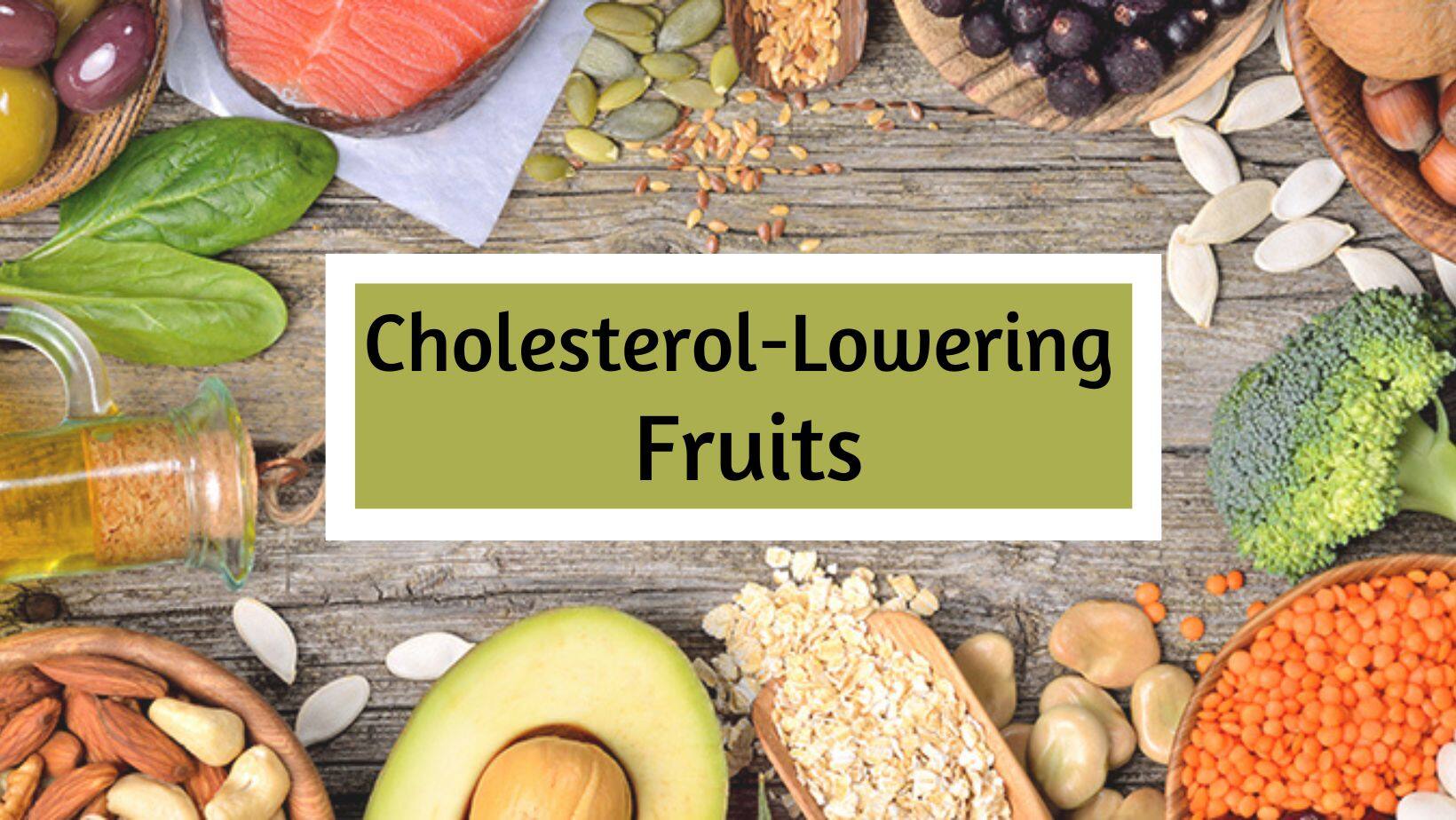
5 Cholesterol-Lowering Fruits To Add To Your Diet
Cholesterol is a waxy substance found in your blood. The body requires a specific amount of cholesterol to support the healthy cell-making process. However, when this goes out of control, it can damage some of the important organs of the body, including the heart. Yes, excessive build-up of cholesterol can result in fatty deposits in the blood vessels. This over time can block or hinder the blood flow process inside the arteries, leading to heart attacks, heart blockage, stroke etc. Medicines and basic lifestyle changes are always recommended to such patients in order to manage this condition. However, with everything else, what you are eating also plays a very important role. But before we talk more about diet for maintaining high cholesterol, let's take a look at what are the telltale signs of this condition.
Symptoms of High Cholesterol Levels
Every health condition comes with a specific set of signs and symptoms. The same is the case with High Cholesterol, Although sometimes these symptoms can get mixed up with other heart diseases, therefore it is always recommended to get yourself checked the moment you notice any abnormalities in your body. Signs of high cholesterol include -
- Chest pain (specifically on the left side of the chest) or angina
- Feeling heaviness
- Pressure or fullness
- Dizziness
- Nausea
- Numbness
- Extreme tiredness or fatigue
- Difficulty in breathing or shortness of breath
- Chest congestion
- Blood pressure spike
- Unsteady gait
- Slurred speech, and
- Pain in the lower legs
Diet For High Cholesterol Patients
What should one eat, and avoid when suffering from high cholesterol? Since diet plays a pivotal role in the management of blood cholesterol levels, one must know the easy at-home tricks and tips to stop the condition from getting worse. When we talk about diet, one question which has been on the top of the list of patients with high cholesterol is what fruits they can eat.
5 Cholesterol-Lowering Fruits
Wondering what fruits to add to your plate when suffering from high levels of cholesterol? Don't worry, we get you. Check out the list of 5 fruits that can effectively reduce your cholesterol levels.
Avocados
This specific fruit is highly recommended for lowering blood pressure, as it is rich in sources of antioxidants like vitamin K, C, B5, B6, E and monosaturated fats. All these antioxidants help keep the heart healthy, thus reducing the risk of stroke. Apart from this, avocado can also help in regulating LDL and HDL cholesterol levels, as well as blood triglycerides.
Apples
An apple a day keeps the doctor away! True to the core. From promoting healthy skin to helping digestive issues, apples are one of those fruits which come with several health benefits. Apples contain pectin fiber, and several other essential antioxidants polyphenols, that can effectively reduce the levels of unhealthy LDL cholesterol and also slow down oxidation. This also helps in preventing hardening of arteries, thus protecting the heart from facing any kind of complications.
Vitamin-C Rich Fruits
Citrus fruits such as lemons, oranges, malta, and even grapefruit can also help in managing high cholesterol levels. These fruits are high in hesperidin content, which can reduce the symptoms of high blood pressure. These fruits are also rich in pectin (fiber) and limonoid compounds which can slow the hardening of the arteries, and reduce LDL (bad cholesterol) in the blood. Citrus fruits also contain antioxidants which can lower the risk of heart problems such as stroke, heart attack, etc.
Papaya
This is one of those fruits which you can easily get throughout the year. Papaya is rich in fiber, which helps in controlling blood pressure and regulates the levels of LDL (bad cholesterol).
Tomatoes
Tomatoes are packed with a variety of vitamins including A, B, K and C. These are all great for eyes, skin and heart health. Tomatoes are also rich in potassium which promotes heart health, lowers cholesterol, and blood pressure and prevents the risk of stroke.
Total Wellness is now just a click away.
Follow us on